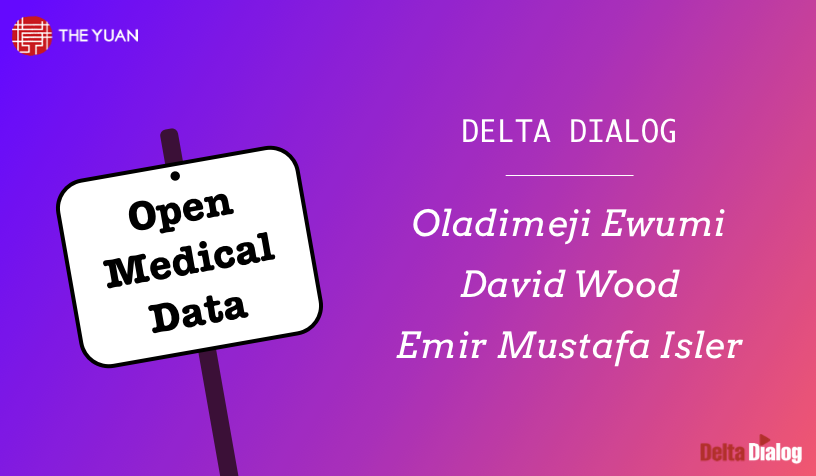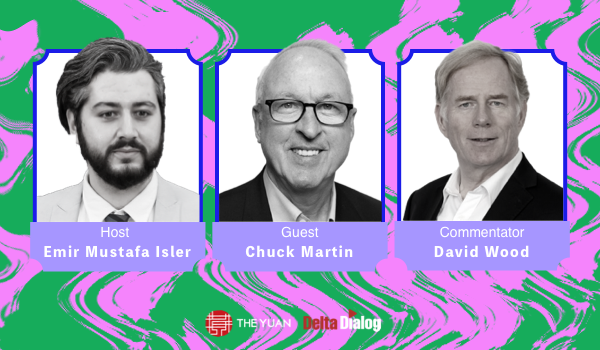
LISBON -
Safety, myths and the potential of AI
Important ethical questions are raised by the incorporation of AI into medical and healthcare practices. In this case, patient privacy and safety are of utmost importance. It's crucial to protect patient data, make sure it's sent and stored securely, and put in place strict privacy protections. To fully comprehend how AI systems make decisions, transparency in AI algorithms and decision-making processes is essential. To address potential biases, accountability, and potential conflicts of interest, ethical frameworks and rules must be created. To keep AI integration's ethical integrity, ensure patient safety, and protect privacy, regular audits, impartial reviews, and continuing monitoring are required.
AI has a lot of potential to reduce healthcare inequities, especially in underserved areas. AI can assist in identifying trends and access-related obstacles, enabling focused interventions and budget allocation. Healthcare practitioners may improve the way care is delivered, help with early disease detection, and put preventive measures in place by utilizing AI algorithms. Additionally, AI can help telemedicine and remote monitoring, bridging the gap between patients in remote or underserved locations and healthcare experts. AI can be instrumental in ensuring that everyone has access to high-quality healthcare through inclusive design, equitable deployment, and community involvement.
The general acceptance and use of AI in the medical industry are hampered by a number of misconceptions and myths about it. Concerns about job replacement, excessive reliance on technology, and mistrust of algorithmic decision-making are all common. To correct these beliefs, communication must be clear and effective. Better knowledge may result from educating the public, lawmakers, and healthcare professionals on the potential and restrictions of AI. Concerns can be reduced by emphasizing AI as a tool that complements human skill rather than substituting it. The potential benefits and beneficial effects of AI in healthcare can be demonstrated by being transparent about AI algorithms and processes, which can help inspire acceptance.
AI is becoming widely used in healthcare, which poses possible hazards and obstacles that need to be resolved for responsible use. Data breaches, algorithmic prejudices, and an excessive dependence on AI advice without adequate human monitoring are a few hazards. To reduce these dangers, it is essential to implement strong data governance procedures, robust security safeguards, and ongoing AI algorithm evaluations. To design policies, norms, and laws that encourage the safe and ethical use of AI, cooperation across stakeholders is necessary, including legislators, regulatory agencies, healthcare practitioners, and AI developers. The advantages of AI may be guaranteed while avoiding potential hazards in the healthcare industry with the help of ethical review boards, thorough training programs, and continual monitoring.
What’s in it for me? / Why should I care?
In order to protect people's wellbeing and personal information, it is critical to guarantee that ethical issues are taken into account when integrating AI into medical and healthcare procedures. This has a direct impact on patient safety and privacy. Additionally, AI has the potential to reduce healthcare inequities and disparities, giving underserved communities equal access to high-quality healthcare. People may make educated decisions about their own healthcare and promote the responsible use of AI by understanding the reality of AI in healthcare and eliminating myths. Additionally, being informed about the potential dangers and difficulties posed by the adoption of AI enables people to actively participate in debates, which promotes the creation of rules and guidelines that strike a balance between innovation and patient safety. Finally, the future of healthcare can be shaped by embracing AI developments and open medical data, which will result in better outcomes, individualized care, and a more equal healthcare system for all.
Further Reading:- Five exciting healthcare trends to watch out for in Africa next year
- The False Promise of ‘Ethical AI’
- A Q&A with ChatGPT sheds light on how AI works in healthcare





 376 views
376 views







